By Amina Ojelabi
For decades, Nigerians have endured corruption not only in government offices and electoral processes, but also on the nation’s roads, markets, and borders. From extortion at checkpoints to harassment of traders and commuters, many have come to accept the abuse as part of daily life. But one author insists that this “socialized corruption” must be rejected — and he has written a handbook to show how.
Dr Basil Nwolisa National President of the Association of Nigeria Customs Brokers and the National Compliance Joint Task Force of Licensed Customs Agents (NCJTFLCA)
At the launch of his new book, described what he called “code for unraveling corruption”, a guide that exposes the tricks, game plans, and networks of those who exploit citizens under the guise of law enforcement. He pointed to notorious routes such as the East–West Road and Lagos–Barracks–West Road, where extortion, intimidation, and even physical assault have become routine.
“This is corruption in motion, a criminal enterprise in full view,” he said, recalling instances where travelers were humiliated by officers and impostors alike. “Some of these people have no human value for themselves, yet they wield power to intimidate and dehumanize others.”He said.
The book, which has been on sale for two months through platforms including Lulu, Cela Daskan, and Taribos, has already found an audience.
Dr Nwolisa aknowledged that several readers told him it emboldened them to challenge Customs operatives in Ondo State — an incident that was captured on video and widely circulated online.
“My book is a call to revolution against corruption and lack of transparency in our daily lives,” he explained. “Nigeria will not survive if we allow these practices to continue unchecked. Even our elections are compromised by corruption.”
But he was quick to stress that this “revolution” is not about violence. Instead, he frames it as advocacy and accountability citizens demanding fairness, transparency, and respect. “Advocacy is not civil war. It is action for better incentives, a better deal from government and security agencies. It is asking the right questions,” he said.
He illustrated his point with an example familiar to importers: when goods are declared, examined, and cleared at the ports, there should be no further harassment. Yet, vehicles are routinely stopped again on the highways by groups claiming authority. “If I have complied with the process, why should I be extorted again? These are the responsible questions citizens must start asking,” he insisted.
Dr Basil Kwolisa acknowledged facing challenges for his outspoken stance. On several occasions after speaking at public events, he was arrested and charged on unrelated issues. But he remains undeterred. “The Bible says the fearful will be the first to enter the lake of fire. Fear is why we suffer in this country. We must redeem ourselves from fear, because what you fear will fight you but what fears you will run away from you.” he added.
For him, the fight against corruption is not just a civic duty but a moral one. And through his book, he hopes Nigerians will find both the courage and the roadmap to resist.

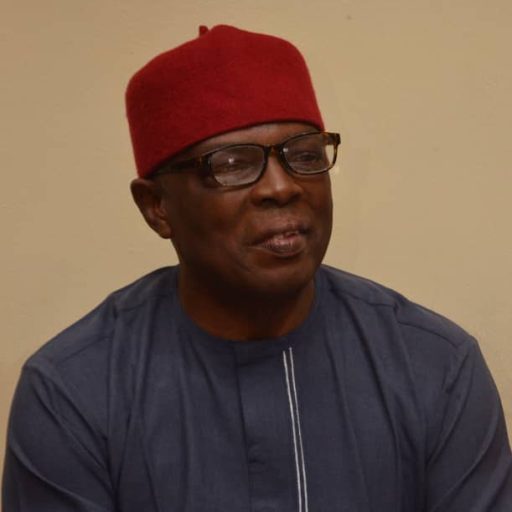
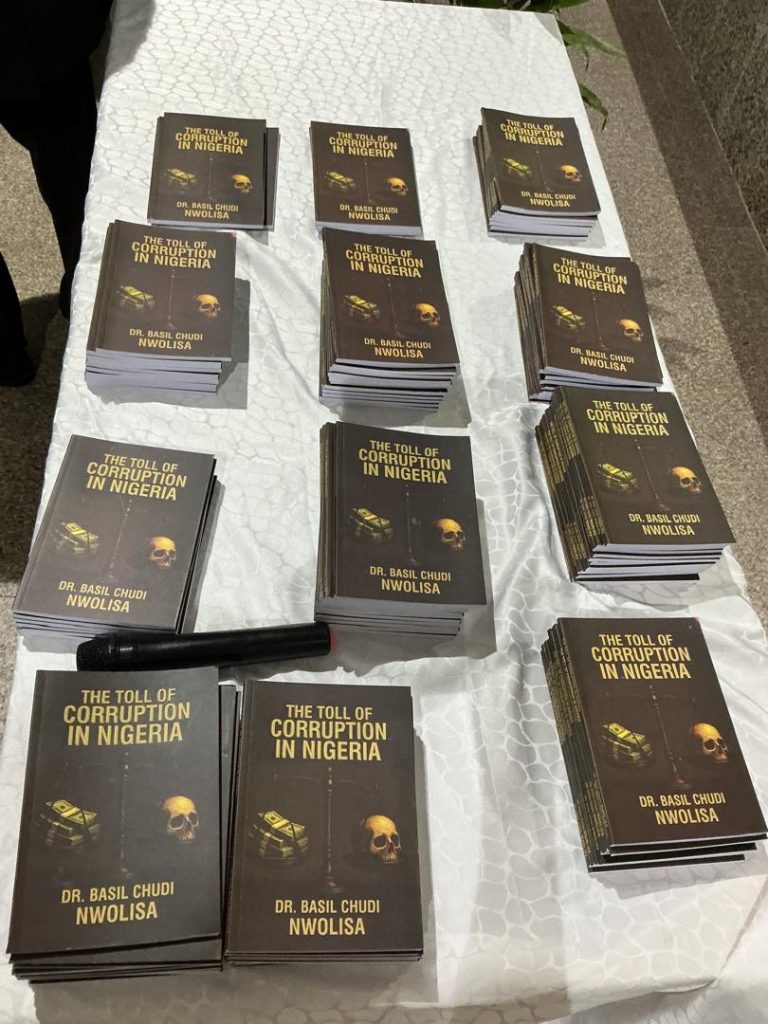
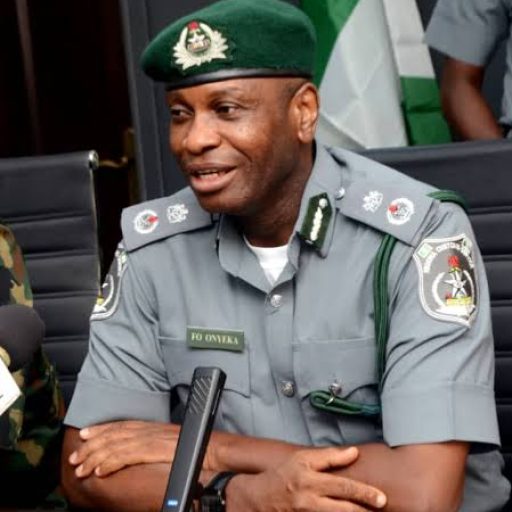
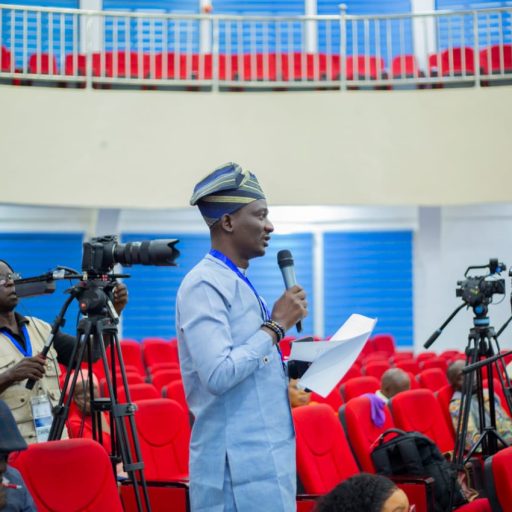
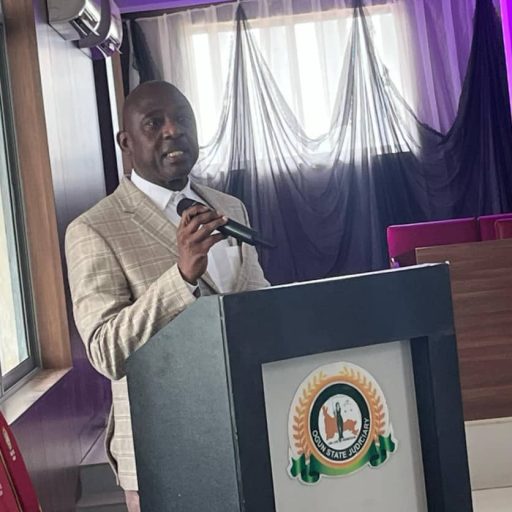
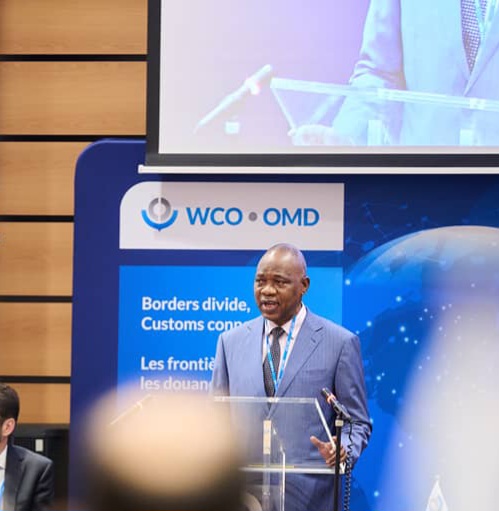
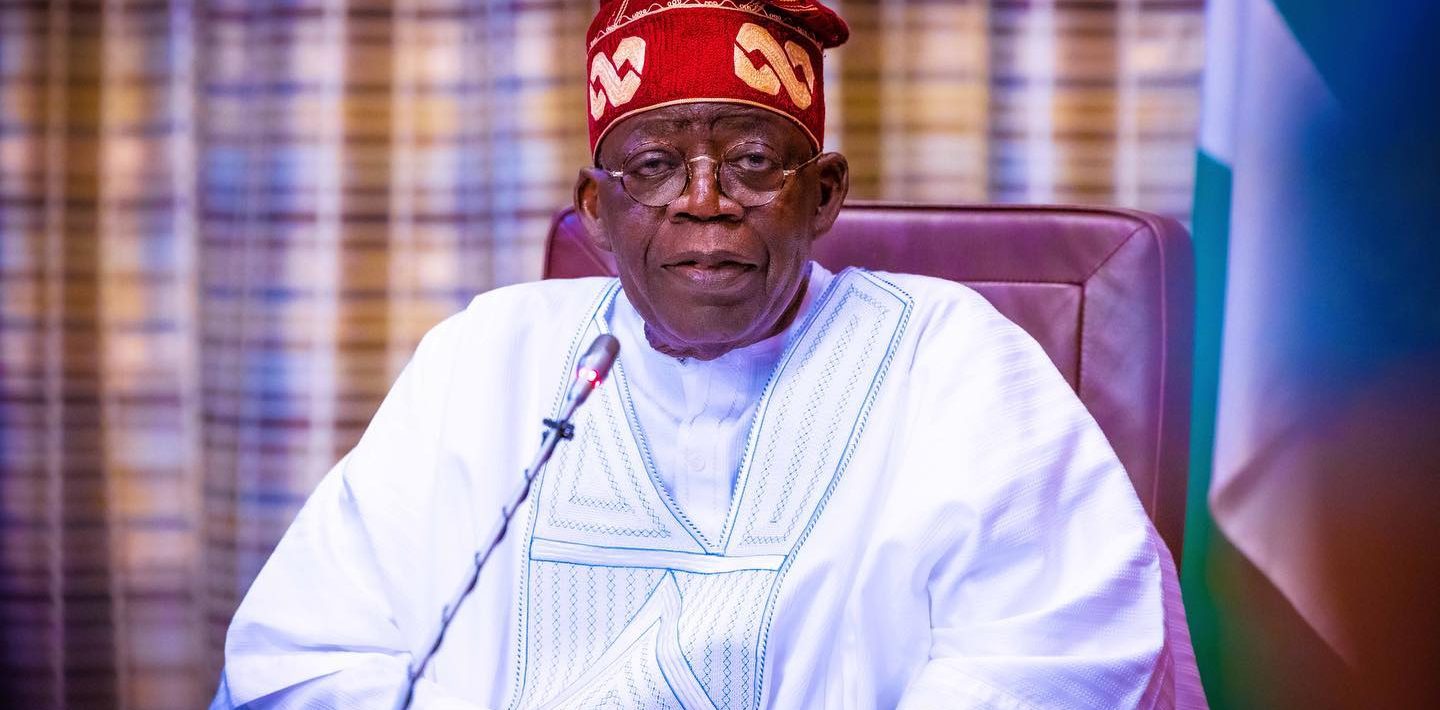

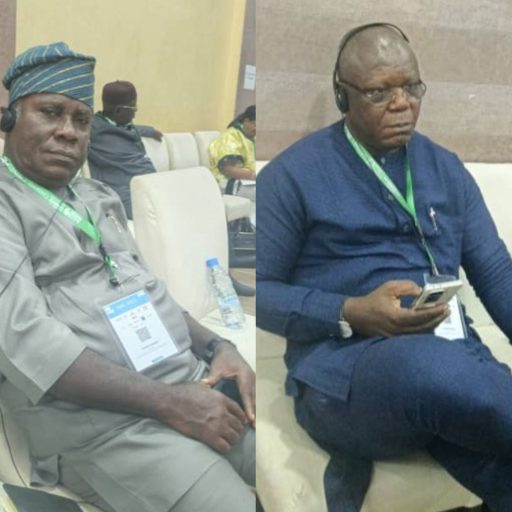

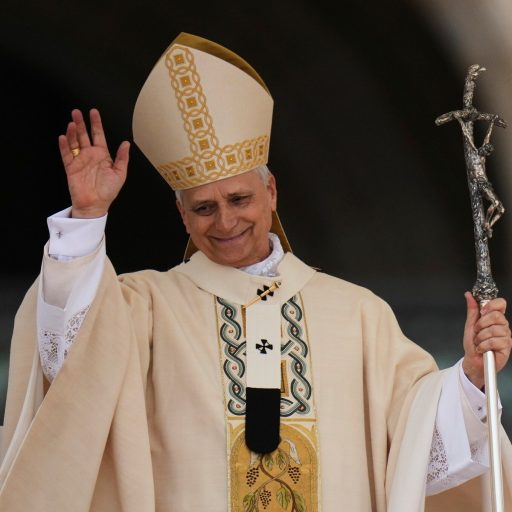
Leave a Reply